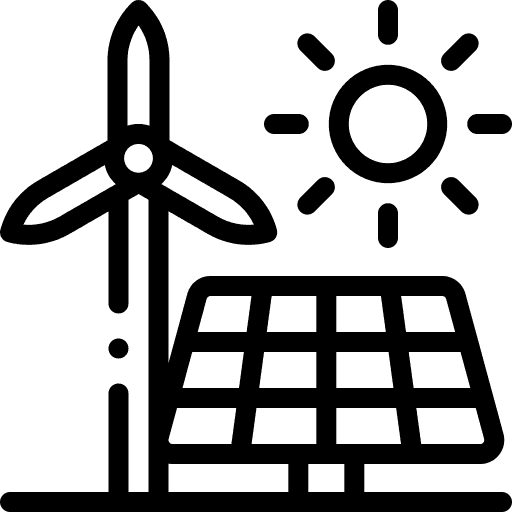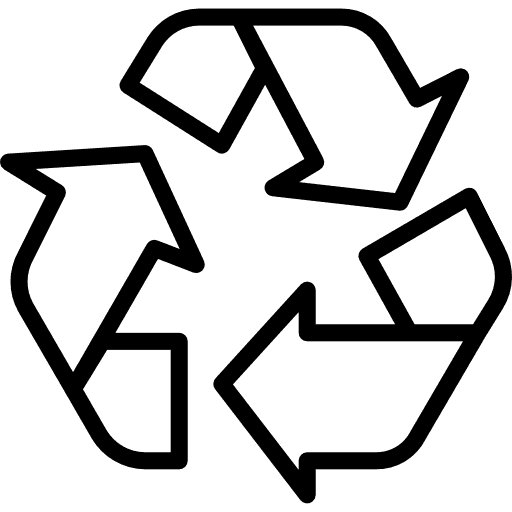Eflani Flour Mills is dedicated to advancing sustainable practices in flour production.
Sustainability
Eco-Friendly R&D Initiatives
Eflani Flour Mills is committed to sustainable practices through our innovative R&D projects. We strive to develop solutions that not only meet today’s needs but also anticipate future demands. Our efforts focus on creating eco-friendly processes that contribute to a healthier planet.
Our Sustainability Projects:
Sustainable Farming Practices
Energy Efficiency and Renewable Energy Use
Recycling and Waste Management

Sustainable Farming Practices Project
We aim to promote environmentally conscious farming methods. This project focuses on reducing the use of chemical fertilizers, enhancing soil fertility, and ensuring efficient use of water resources.
Goals
Minimize the use of chemical fertilizers and pesticides.
Increase soil fertility and biodiversity.
Ensure efficient use of water resources.
Environmental Benefits
Development and market introduction of whole grain flour products.
Improved nutritional value of products and increased consumer satisfaction.
+
local farmers supported

Energy Efficiency and Renewable Energy Use Project
This project focuses on improving energy efficiency and utilizing renewable energy sources in our production processes to reduce our carbon footprint.
Goals
Increase energy efficiency in production facilities.
Utilize solar and wind energy as renewable sources.
Minimize carbon emissions.
Environmental Benefits
Reduced dependency on fossil fuels and decreased greenhouse gas emissions.
Lower carbon footprint through the use of renewable energy.
%
of our energy comes from green sources.

Recycling and Waste Management Project
Eflani Flour Mills is dedicated to minimizing waste and promoting the reuse of recyclable materials through comprehensive waste management programs.
Goals
Reduce waste generated during production processes.
Reuse recyclable materials.
Achieve zero waste targets.
Environmental Benefits
Reduced environmental pollution through waste minimization.
Efficient use of natural resources through recycling.
tons of waste recycled per year.
